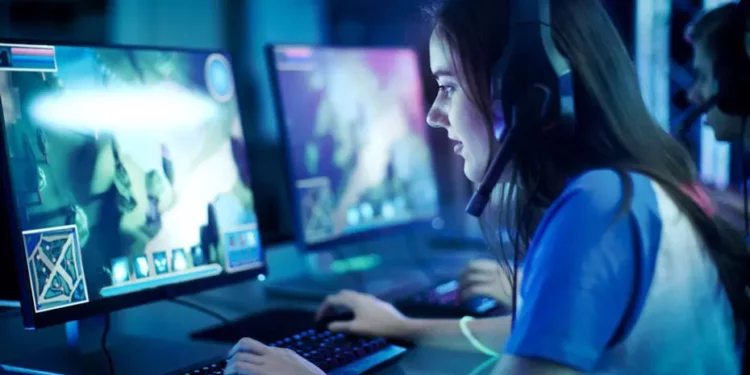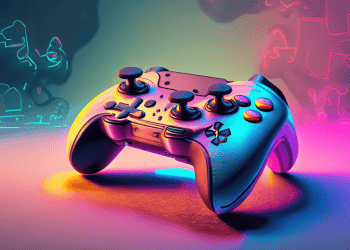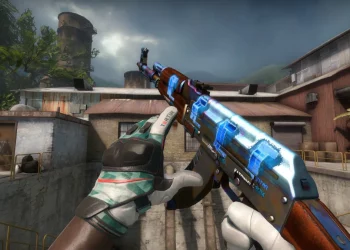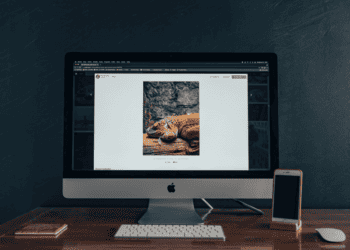It’s estimated there were around 932 million online gamers in 2020 and that the worldwide market was worth $21.1 billion in revenue. That figure represents a growth in excess of 20%. This trend was undoubtedly influenced by the coronavirus pandemic that reached almost every corner of the planet.
Such growth doesn’t come along without its own challenges. One of them is definitely the issue of security. As the industry continues to grow and out perform other key entertainment sectors, so does the strain put on tech developers to produce high quality and reliable solutions for gamers.
Read on to find out more about cyber attacks that have affected the gaming industry and the steps you can take to protect your console without impacting your connectivity speed.
The biggest cyber attacks in gaming history
Back in 2012, a hacking group Lulzsec coordinated an attack on Riot Games the company responsible for the likes of League of Legends. The attacks were addressed in a statement by co-founder and co-chairman Marc Merrill. He confirmed that the criminals were able to enter their system and access some of the players’ account information, including names, email addresses, passwords, dates of birth, and some answers to their security questions.
More recently, in 2020, Capcom – creators of Street Fighter – fell victim to a ransomware attack.The company revealed that data of some former and present employees, as well as some corporate data, had been stolen. It later transpired that the attack had been even more severe. The personal information of an estimated 350,000 customers and business partners was also compromised.
But 2014 saw one of the most high-profile attacks, which affected several providers and platforms. The likes of Microsoft’s Xbox Live and Sony’s PlayStation Network experienced disruptions to their services and were forced offline. Sony communicated at the time that it was tackling what it described as a “large scale” distributed denial of services (DDoS) attack. They also claimed to have suffered major issues three years prior. On that occasion, the network was down for more than three weeks, with the data of millions of customers compromised.
What is a DDoS attack?
A DDoS attack is where several computers target a server, website or network to overload the system and cause it to shut down, therefore denying the service to its regular users. The hackers find a vulnerability in one computer system and use that to identify other potential areas of weakness elsewhere. DDoS attacks can have an impact on multiple devices, as they may be used to channel the malicious traffic to the primary target and as a result suffer a disruption in service themselves.
How can you protect your console?
It is easy to forget that your gaming accounts hold a great amount of sensitive personal data, such as your name, email, and credit or debit card details. That’s why it’s vital you take the appropriate steps to protect your console. Otherwise you run the risk of suffering the theft of your data, your identity, and even your money.
Here are a few things you can do to beef up your security:
- Use a virtual private network (VPN): Using a VPN on your PlayStation – https://nordvpn.com/download/playstation/, Xbox, or any other console creates a secure connection to the internet — an encrypted tunnel between your device and the game server. Hackers are then unable to intercept your details, work out your IP address, or breach your privacy. And there’s no need to worry that signing up for a VPN service will compromise the quality of your connection. The best providers offer robust security without sacrificing internet speed.
- Don’t access your accounts via public Wi-Fi: These networks are far less secure than private ones. You could unwittingly offer easier access to anyone scouring those connections for vulnerabilities.
- Regularly update your passwords: IKeeping one password for everything may be much more convenient, but it also leaves you more susceptible to suffering a cyber attack. Change your login details frequently, without recycling old favourites. Stick to strong passwords that include a mix of cases and characters.
- Implement two-factor authentication: Two-factor authentication makes it harder for potential criminals to access your accounts even if they get your password. Thus, it is worth setting up two-factor authentication on all of your devices and accounts.






